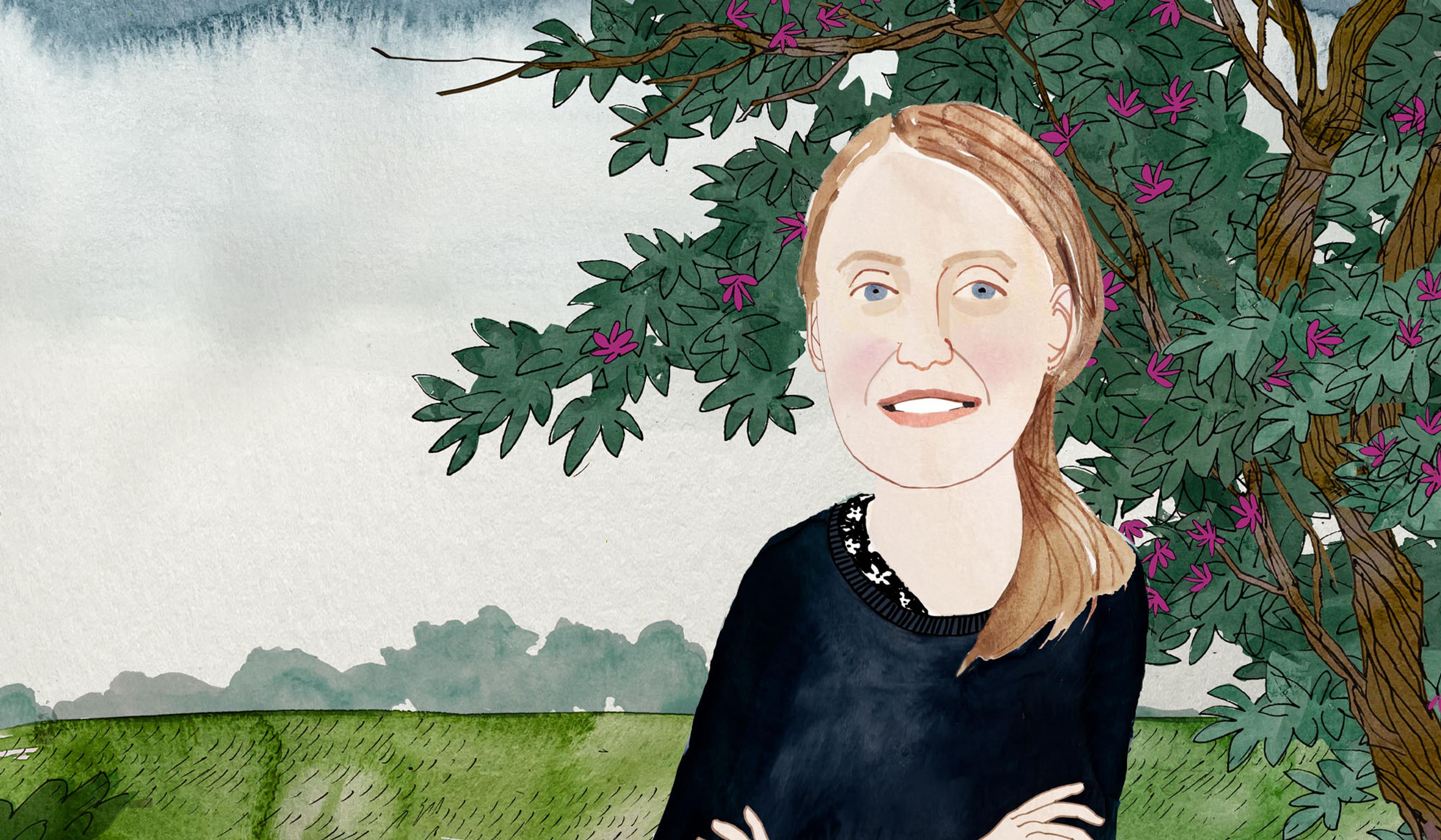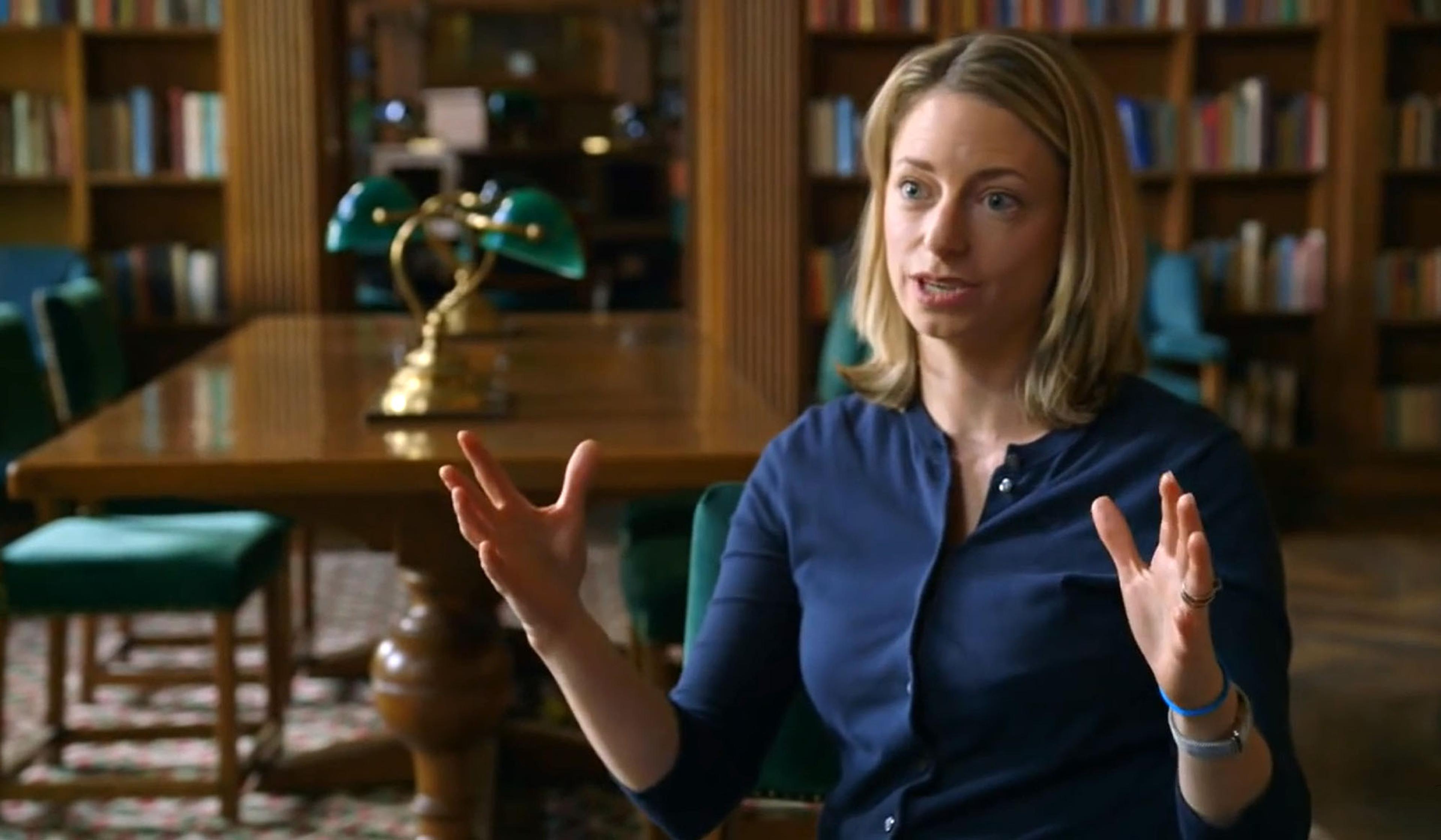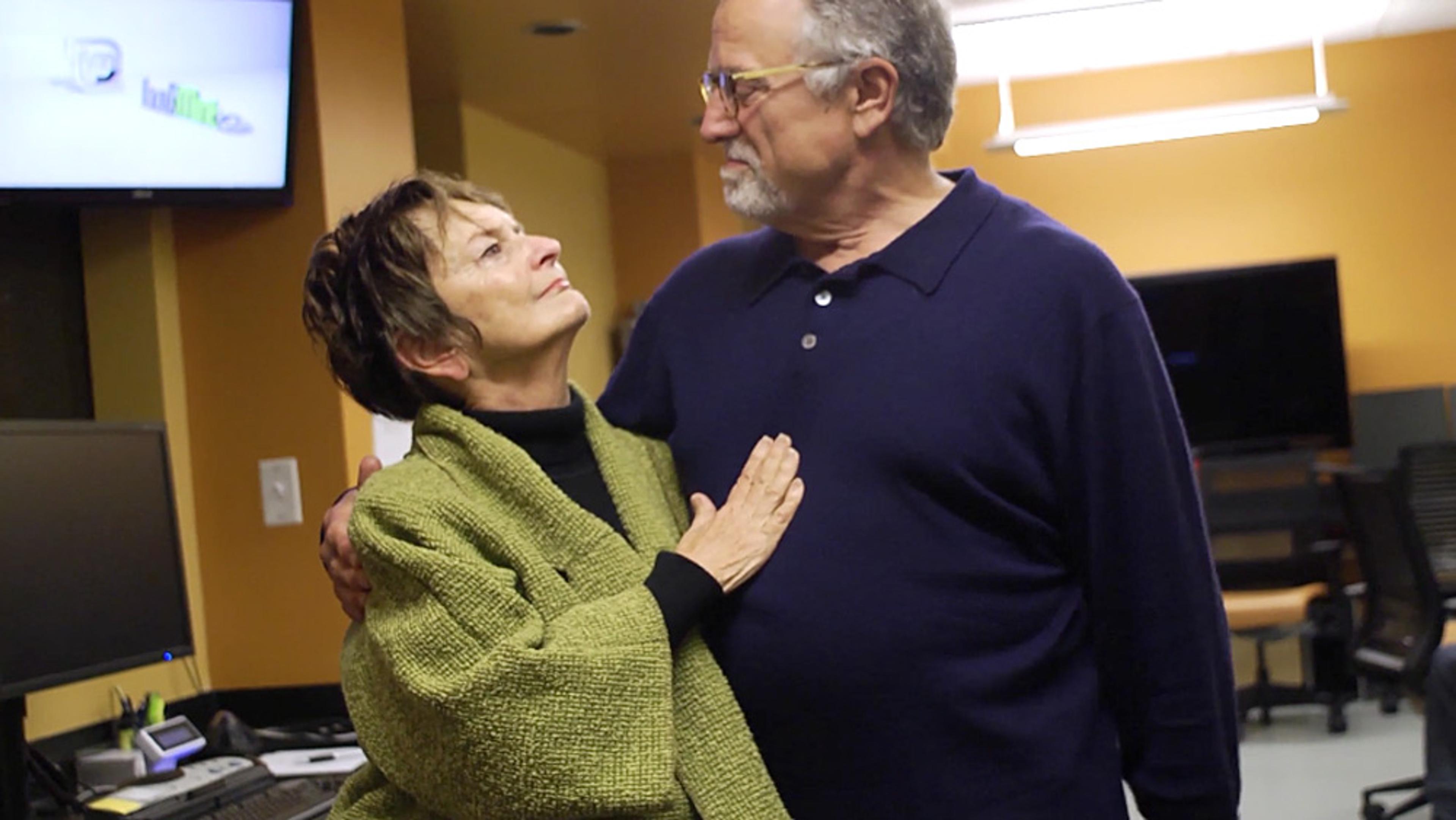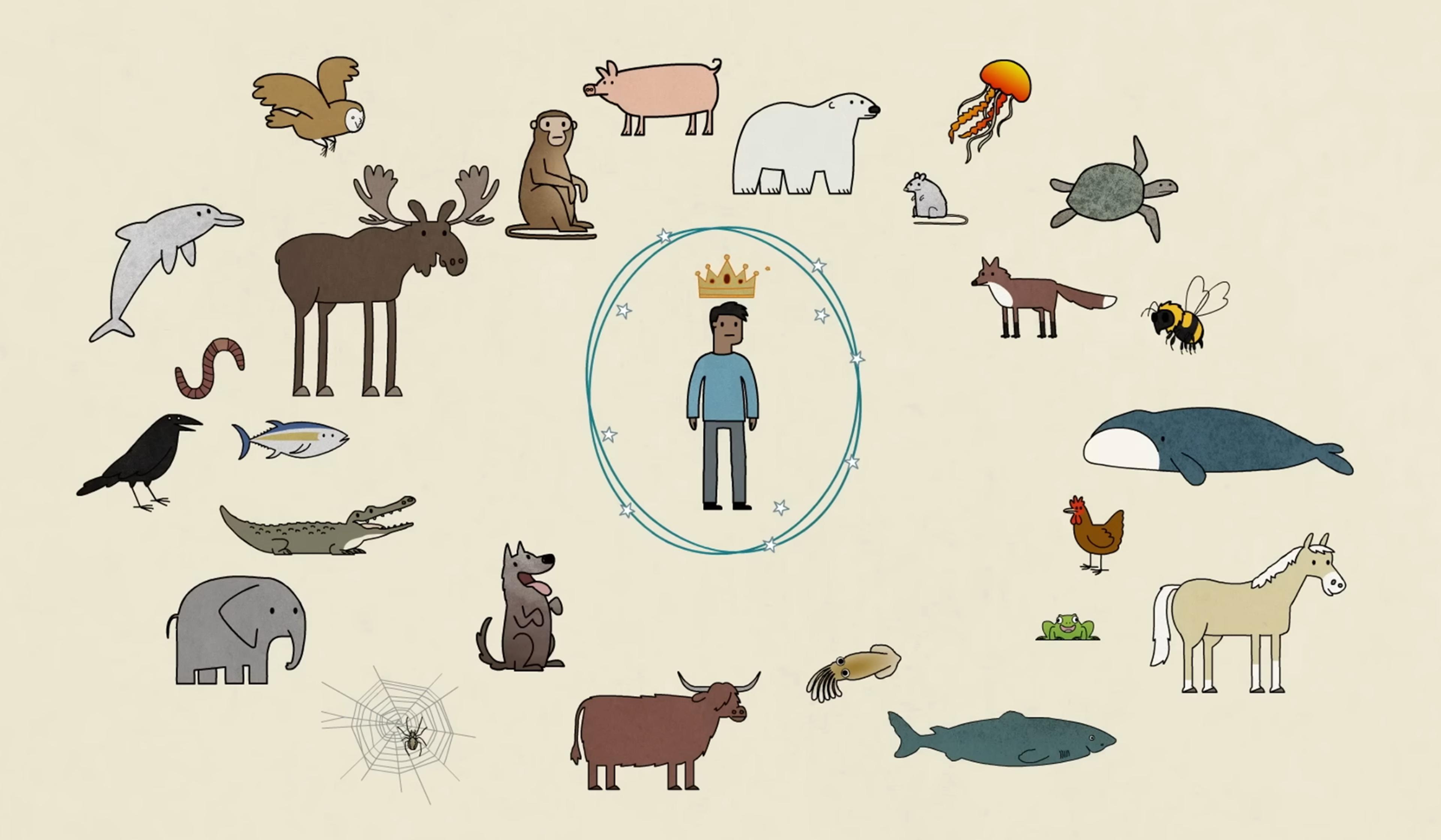Psychologists and philosophers – not to mention pet owners – have long wondered whether we can ever get past the constraints of the human mind to truly know what it’s like to be another animal. The US neuroscientist Gregory Berns, however, believes that the problem of animal consciousness has been overstated, and that emerging brain science and MRI technology could go a long way towards getting us inside the minds of other creatures. In his lab at Emory University in Atlanta, Georgia, Berns and a volunteer team of dog owners train their canine companions to become comfortable inside MRI machines so that they can be scanned safely in a relaxed, conscious state. By reading their brain activity and using our understanding of the human brain for reference, Berns believes that he can glean a wide range of insights about the experience of dogs, including the range of their emotions, the diversity of their personalities, and even whether they can differentiate between two- and three-dimensional images.
What is your dog really thinking? MRI brain scans might soon provide the answer
Producers: Chelsea Fiske, Brandon Swanson
Website: Science Friday
12 June 2018

videoNeuroscience
What will we do when neuroimaging allows us to reconstruct dreams and memories?
4 minutes

videoSleep and dreams
How might the dreamworlds of other animals differ from our own?
8 minutes

videoLanguage and linguistics
Do button-pushing dogs have something new to say about language?
9 minutes

videoCognition and intelligence
How a ‘periodic table’ of animal intelligence could help to root out human bias
5 minutes

videoNeuroscience
The brain repurposed our sense of physical distance to understand social closeness
5 minutes

videoCognition and intelligence
Leaping from firing neurons to human behaviour is tempting, but it’s a perilous gap
3 minutes


